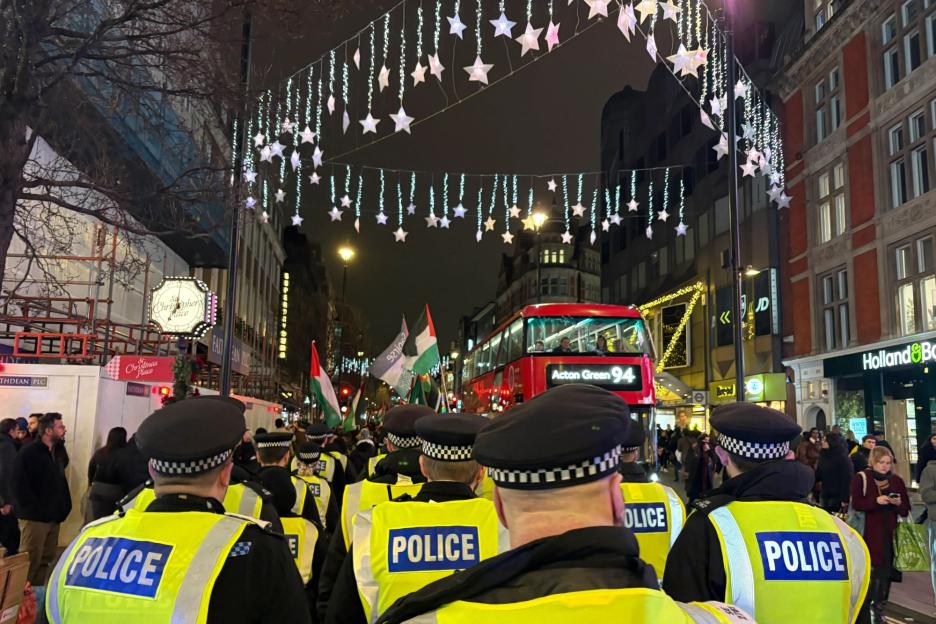B.C.'s ban on in-person religious gatherings is headed to the province's top court.
Earlier this month, B.C. Supreme Court Chief Justice Christopher Hinkson ruled that the ban did infringe on religious rights guaranteed in the Charter of Rights and Freedoms, but that the infringement was reasonable.
Read more: COVID-19: B.C. Supreme Court upholds provincial ban on in-person religious services
Paul Jaffe, the lawyer for a group that includes a trio of Fraser Valley churches that continued to hold services through the winter, in violation of the order, said he filed a notice of appeal Wednesday with the B.C. Court of Appeal.
Jaffe said his clients never disputed that provincial health officer Dr. Bonnie Henry was being reasonable in responding to a surge in new infections with stricter health restrictions.
“What was at issue, though, is that the orders distinguish between religious and secular gatherings, a distinction which was an issue,” he said.
“And unfortunately, the judgment didn't really address that.”
Jaffe said the province never provided evidence showing transmission was more likely in a church than in a school or a grocery store, and he said allowing people to continue to gather in those other places amounts to religious discrimination.
Read more: Lawyer for B.C. churches says in-person gatherings important to religious freedom
He also argued the ruling set a low bar for Henry's office to show that its orders were reasonable. He said that could incentivize governments that seek to infringe on people's rights to try and do them through bureaucrats offices.
“To give them a back-door exit from an effective constitutional challenge,” he said.
It was not immediately clear when the appellate court would hear the case.
Last week, Henry amended her order on religious gatherings to permit groups to gather outdoors with safety protocols in place.
Henry also announced plans to low limited indoor services for the major upcoming religious holidays â only to scrap that variance on Monday , amid surging new COVID-19 case numbers.




